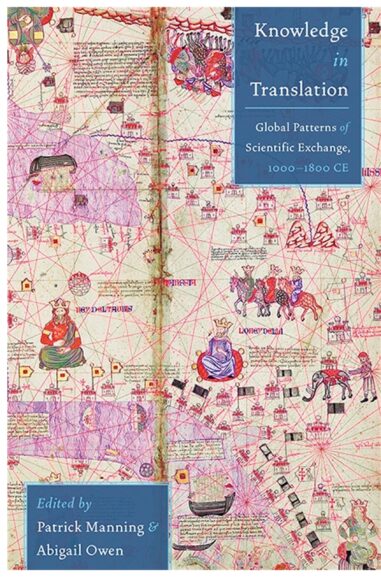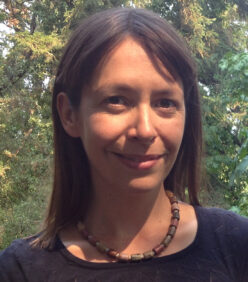In the second millennium CE, long before English became the language of science in the twentieth century, the act of translation was crucial for understanding and disseminating knowledge and information across linguistic and geographic boundaries. This volume considers the complexities of knowledge exchange through the practice of translation over the course of a millennium, across fields of knowledge—cartography, health and medicine, material construction, astronomy—and a wide geographical range, from Eurasia to Africa and the Americas. Contributors literate in Arabic, Catalan, Chinese, Greek, Hebrew, Italian, Japanese, Latin, Minnan, Ottoman, and Persian explore the history of science in the context of world and global history, investigating global patterns and implications in a multilingual and increasingly interconnected world. Chapters reveal cosmopolitan networks of shared practice and knowledge about the natural world from 1000 to 1800 CE, emphasizing both evolving scientific exchange and the emergence of innovative science. By unraveling the role of translation in cross-cultural communication, Knowledge in Translation highlights key moments of transmission, insight, and critical interpretation across linguistic and faith communities.



